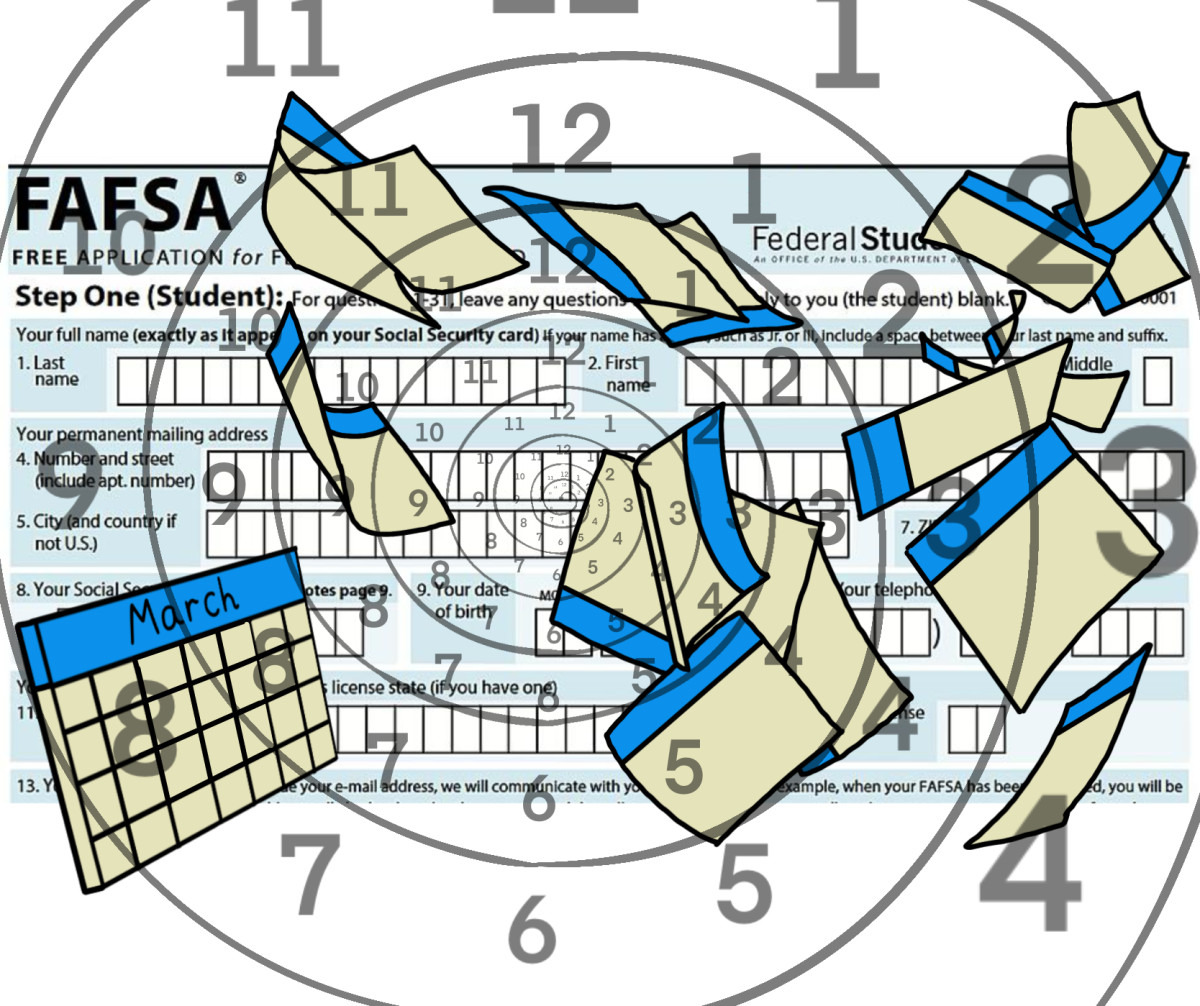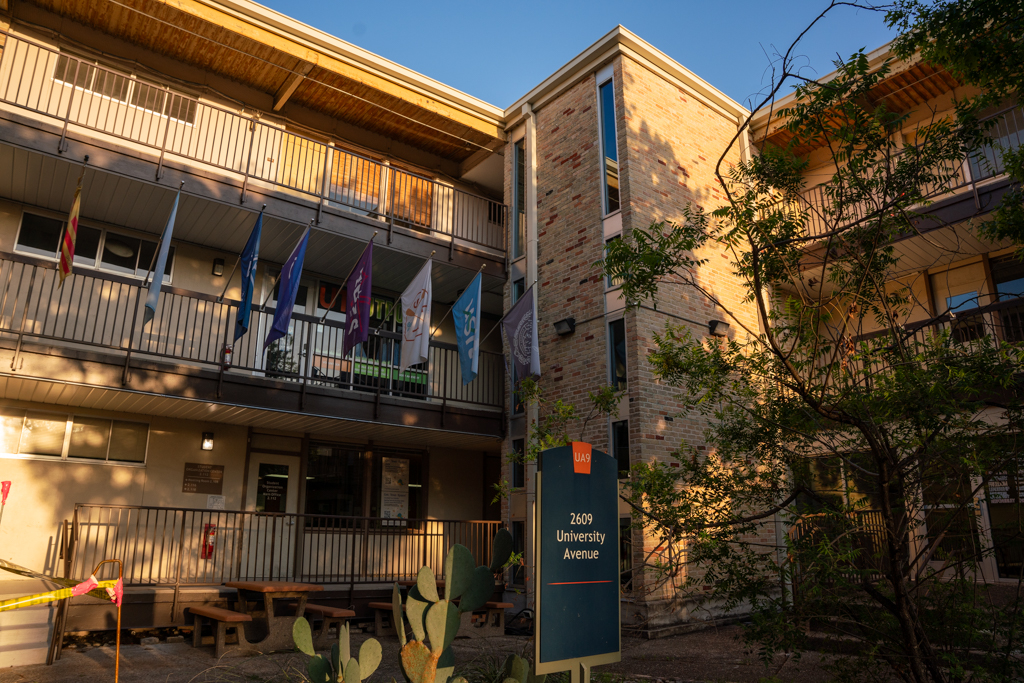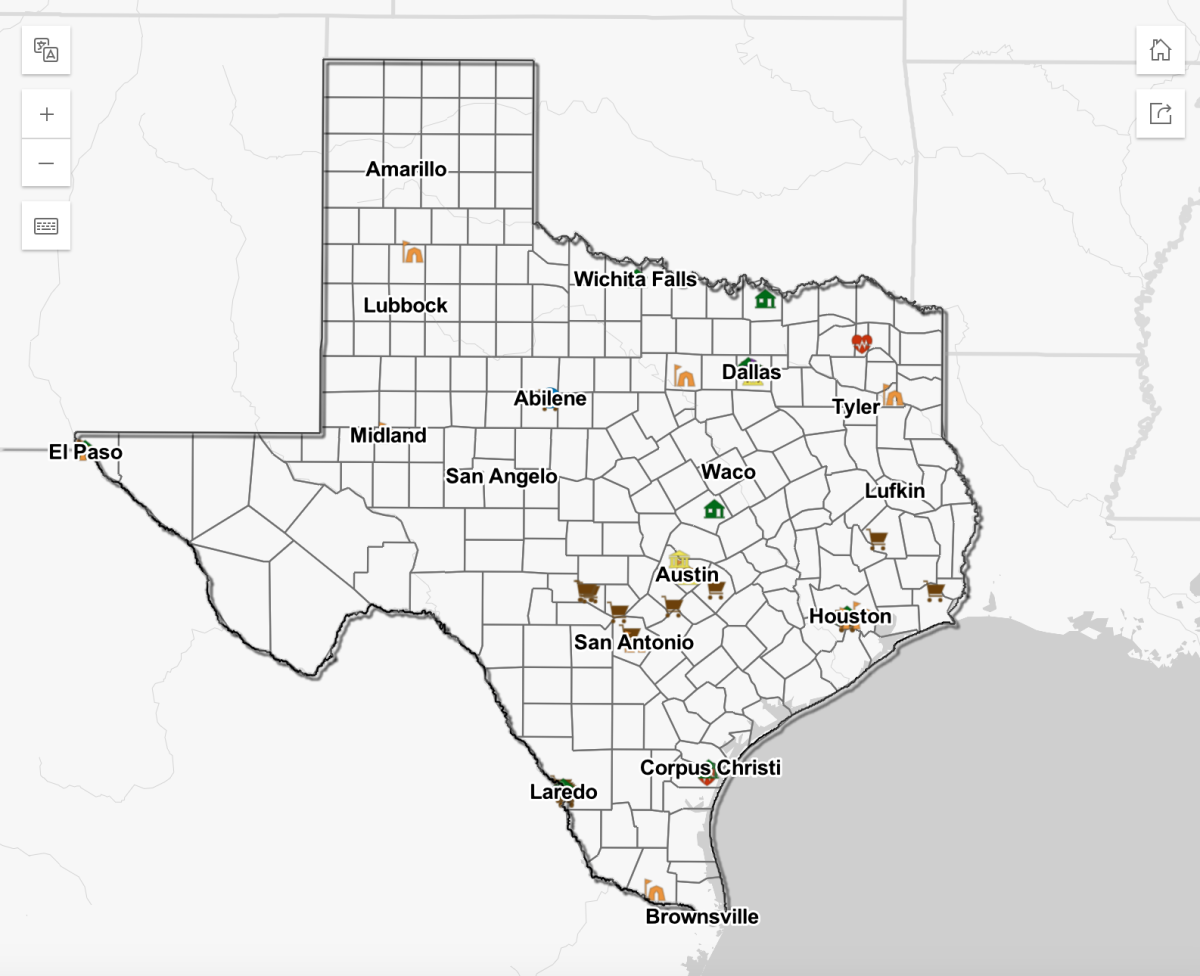The 2025-26 Free Application for Federal Student Aid officially opened Nov. 21 — ten days before its initial release date — following four phases of testing.
The day of the release, the U.S. Senate unanimously passed the FAFSA Deadline Act, a bill proposing to move the FAFSA release deadline each year from Jan. 1 to Oct. 1. The bill now awaits President Joe Biden’s signature to become law.
Last year, the Department of Education introduced a simplified FAFSA in accordance with the FAFSA Simplification Act, which aimed to streamline the application process and amend certain financial aid provisions. Traditionally, the form opens Oct. 1, but the Department of Education delayed last year’s rollout until Dec. 30. The late release date, glitches in the new system and administrative errors prevented universities from receiving FAFSAs until mid-March. Universities in turn delayed financial aid offers, causing stress for students.
In response to last year’s complications with the form, the Department of Education introduced four phases of testing for the 2025-26 FAFSA. During the first phase, the department recruited a small number of students to complete the form in in-person FAFSA completion sessions in early October. Phases 2-4 tested the form on a larger scale with over 10,000 participants. The planned release date was initially Dec. 1, but the department opened the FAFSA earlier because of increased efficiency and reliability caused by adjustments to this year’s form.
Jennifer Love, assistant vice provost and director of Texas One Stop, said this year’s earlier release is a “great sign” for students and financial aid administrators. She said she estimates Texas One Stop will send 2025-26 financial aid packages to students in March or April.
“The fact that (the Department of Education) opened up the beta testing for all students shows confidence that they didn’t find anything that was too troubling with the system this year,” Love said.
The Nov. 21 FAFSA release won’t significantly disrupt financial aid procedure, although it will put Texas One Stop on a “time crunch” to test its processing systems compared to the usual Oct. 1 release, Love said. She said the FAFSA Deadline Act would benefit students by holding the Department of Education accountable for lateness.
U.S. Rep. Virginia Foxx, education and the workforce committee chairwoman, said the Nov. 21 release is an “important first step” for the Department of Education.
“Let’s be clear about this: the FAFSA form is not 10 days early; it’s going to be more than 50 days late,” Foxx said in a statement.
Love said Texas One Stop is prepared to pivot if circumstances change, particularly entering a legislative year and new administration in the federal government.
“As much as I have confidence that this year is going to be better, I think that’s more my optimism,” Love said. “We will all need to be in it together — institution, staff (and) students — communicating and being ready if things may change.”
Most financial aid awards require FAFSA completion, including Texas Advance Commitment funds. Texas One Stop offers one-on-one appointments and other resources to help students and contributors complete the FAFSA. The Texas Financial Aid priority deadline is Feb. 15.




















